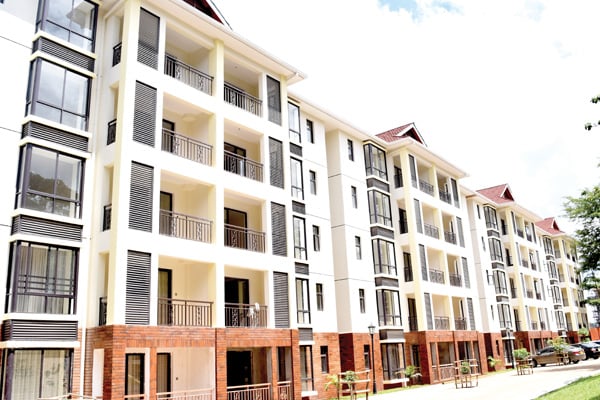Kenya’s controversial housing levy has come under renewed fire, with leading human rights organizations calling for its abolition. The Kenya Human Rights Commission (KHRC), Transparency International Kenya, The Institute for Social Accountability, Inuka Kenya Ni Sisi!, and Siasa Place have jointly petitioned the courts, seeking to have the levy declared unconstitutional.
The groups argue that the levy, which deducts 1.5 percent of workers’ monthly salaries with an equal employer contribution, unfairly burdens salaried Kenyans while shielding the political elite. According to them, the deductions are stripping households of scarce disposable income needed for food, healthcare, and education.
Citing the Kenya National Bureau of Statistics (KNBS) 2024 economic performance report, the petitioners say the levy has worsened economic inequality and undermined citizens’ socio-economic rights. They further accuse the Kenya Kwanza administration of using the fund as a tool for political patronage ahead of the 2027 General Election.
“President William Ruto announced that 20 percent of houses, about 34,000 units from 170,000 ongoing projects, would be allocated to teachers after a State House meeting. The deal was formalized through a memorandum of understanding without Board approval, needs assessment, or competitive tendering,” the groups stated.
Despite mounting criticism, President Ruto has remained firm, defending the levy as a cornerstone of his housing agenda. He maintains that the fund will deliver affordable homes for low-income Kenyans, create jobs, and ease pressure on public borrowing.
However, rights groups insist that unless the levy is scrapped, more households will be pushed into poverty. They argue that genuine housing reforms should be anchored in transparency, inclusivity, and policies that protect the most vulnerable, rather than further straining salaried workers.
The petition now puts the judiciary at the center of a high-stakes national debate whether the housing levy is a progressive policy solution or, as critics describe it, a “national poverty enhancer.”

